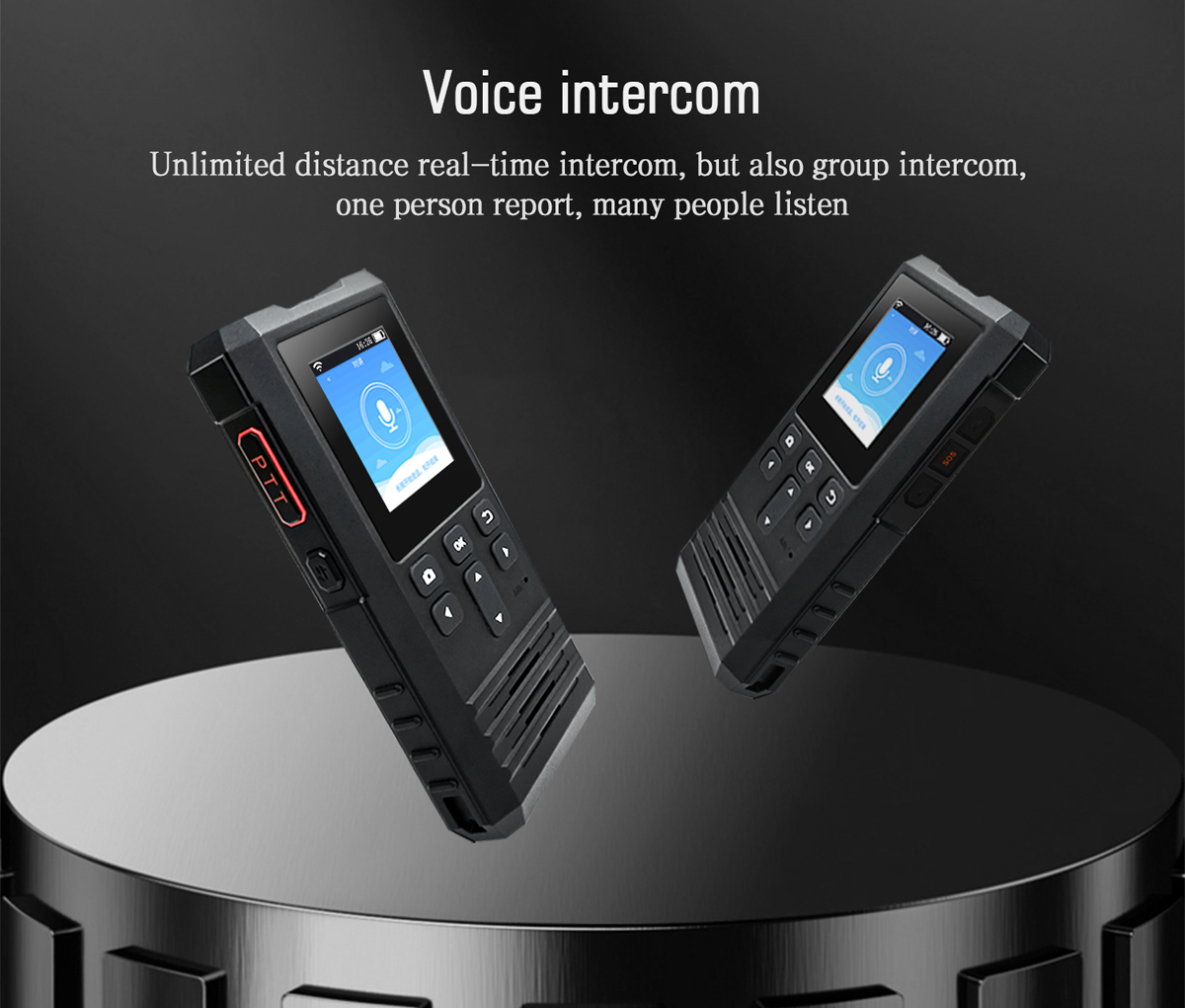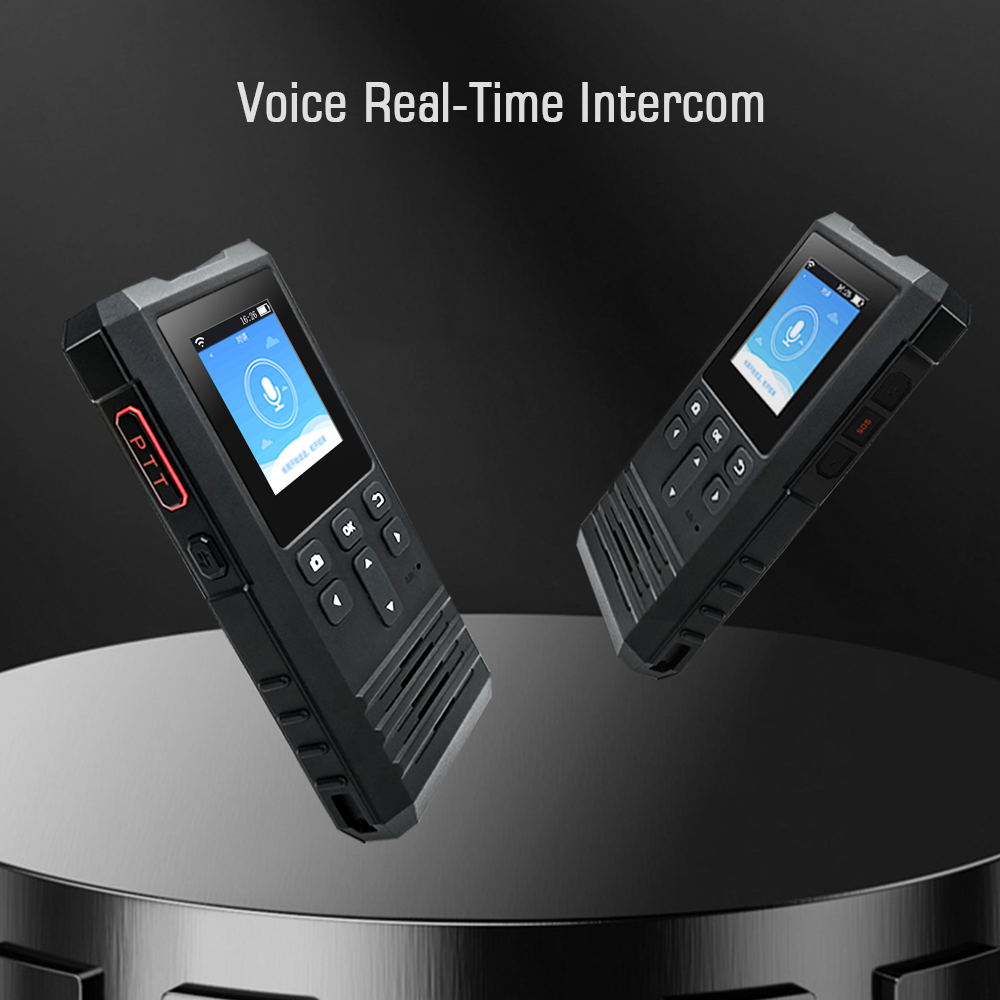

One of the most compelling features of GPS guard tour systems is its real-time location-tracking capabilities. In a correctional environment, knowing exactly where each officer is at any given moment is critical for both daily supervision and emergency response. Officers equipped with handheld GPS devices or mobile applications log in to start their shift, and the system immediately begins recording their location. When an officer approaches a yard or security checkpoint, the GPS patrol system captures that location data records a timestamp, and uploads it to a secure cloud server.
In the event of an incident, prison managers can quickly identify the officers closest to the scene and dispatch resources efficiently. Additionally, real-time maps displaying the location of all officers enable shift supervisors to dynamically balance workloads and ensure that each area is staffed for extended periods.
In extensive prison facilities, ensuring that correctional officers visit every mandatory checkpoint during their shift is a daunting challenge. GPS Patrol Systems solve this problem by automatically verifying checkpoints through geo-fencing, scanning barcodes, or RFID tags. Pre-defined checkpoints, whether cell entrances, watchtowers, or service tunnels, are displayed on the correctional officer's device. Once the penitentiary officer arrives at the checkpoint, the system records the visit through GPS coordinates or scanning of carefully placed tags. The GPS Patrol System then verifies the checkpoints according to a pre-defined schedule and immediately marks any missed or out-of-sequence checkpoints. This automated process not only eliminates the guesswork inherent in manual checklists but also records precise arrival and departure times.

Guard accountability in correctional facilities requires more than just “being there”; it requires verifiable evidence that every check was completed accurately and thoroughly. The benefit of a GPS guard tour system is that it provides a transparent, tamper-proof record of patrol activity. The system assigns each guard a unique user ID and password to access their patrol device, which records all checkpoint scans or GPS “pings.” It logs every action—including timestamps, geographic coordinates, and device identifiers—so it immediately detects any attempt to falsify patrol records.
Additionally, managers can generate comprehensive reports that summarize each guard’s performance metrics, including the number of checkpoints completed, time spent at each location, and total patrol time. The system continuously monitors guards' behavior, which prevents them from becoming complacent by holding them accountable at all times.
In the dynamic environment of a correctional facility, adaptability and integration are critical for any security technology. GPS patrol systems integrate seamlessly with existing Public Safety Management Systems (PMS), video surveillance networks, and incident reporting platforms. For example, if an inmate attempts to force a cell door, the motion sensor sends an alert to the PMS, which then triggers a notification in the GPS Patrol system interface. Nearby guards can immediately see the exact location of the triggered alarm on their mobile devices, allowing them to respond quickly.
In addition, the system's two-way communication capabilities enable guards to acknowledge alarms or request backup directly through the app, ensuring timely coordination. When combined with video analytics, the GPS Patrol system can superimpose guard locations onto surveillance footage, enhancing situational awareness and enabling control room operators to direct officers to hot spots accurately.

In addition to direct operational benefits, the GPS guard tour system provides valuable insights through robust data analysis and reporting capabilities. Each patrol generates precise location and time data, allowing managers to evaluate guard performance trends, identify high-risk areas that require more frequent inspections, and adjust staffing accordingly. Using these data-driven insights, prison leadership can implement targeted training programs, optimize prison layouts, and reallocate resources to areas most vulnerable to security breaches. By transforming raw GPS logs into actionable intelligence, GPS patrol systems enable correctional institutions to make evidence-based decisions that continually improve patrol efficiency and reduce risk exposure.
A key benefit of GPS guard tour systems in streamlining prison patrols is that they substantially reduce administrative costs. In the past, supervisors had to spend a significant amount of time manually reviewing paper logs, checking duty reports, and verifying compliance with scheduling requirements. By digitizing the entire patrol process, GPS patrol systems eliminate cumbersome paperwork and automatically generate reports, producing detailed duty summaries, compliance certificates, and event timelines with a single click.